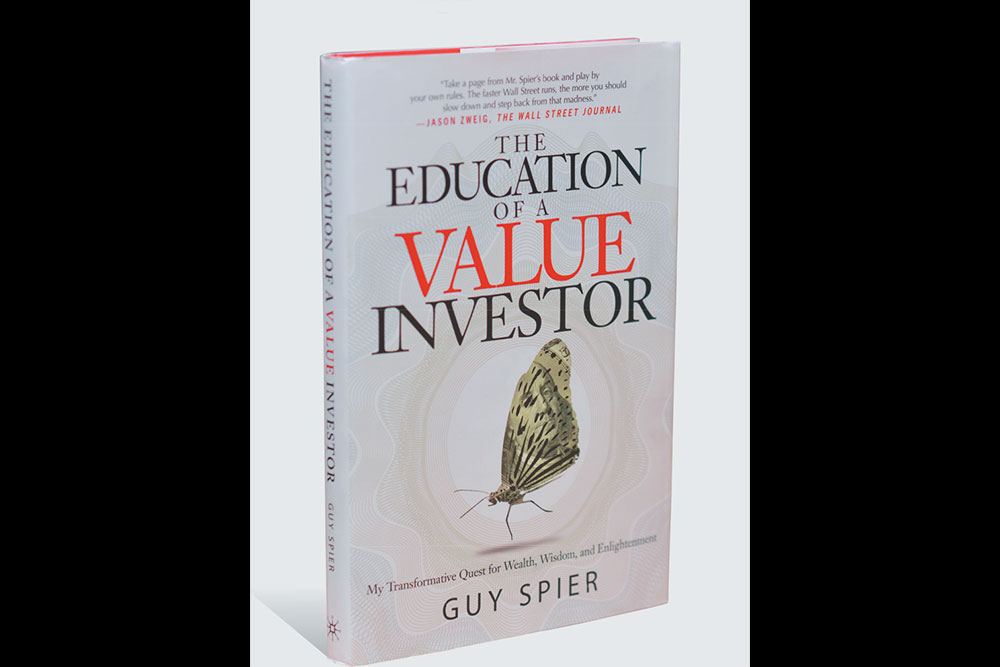One of Buffett’s defining characteristics is that he so clearly lives by his own inner scorecard.
It isn’t just that he does what’s right, but that he does what’s right for him. As I saw during our lunch, there’s nothing fake or forced about him. He sees no reason to compromise his standards or violate his beliefs. Indeed, he has told Berkshire’s shareholders that there are things he could do that would make the company bigger and more profitable, but he’s not prepared to do them. For example, he resists laying people off or selling holdings that he could easily replace with more profitable businesses. Likewise, some investors have complained that Berkshire would be much more profitable if he’d moved its tax domicile to Bermuda as many other insurers have done. But Buffett doesn’t want to base his company in Bermuda even though it would be legal and would have saved tens of billions in taxes.
This was one of the greatest lessons of our lunch. His strength comes in part from this rock-solid sense of who he really is and how he wants to live. There’s no artifice. No need to live according to other people’s standards or opinions. Sitting with him at Smith & Wollensky, I could see that he makes no compromises in terms of his own happiness — even in something as small and insignificant as his gleeful enjoyment of the restaurant’s desserts. Clearly, he has set up his life so that it suits him and so that he enjoys it. When I asked if he had consciously created Berkshire’s unique decentralized structure, he emphasized that it operates that way because it suits his personality, not because it maximizes returns.
As an investor, he has always remained true to himself. During the tech bubble, when so many other people got carried away, he had no trouble sticking to his principles, even though this meant that he massively underperformed the market before
it imploded.
...One of the key lessons of our lunch came when Mohnish asked what had become of Rick Guerin, a friend of Buffett’s whom he had mentioned in his article on “The Superinvestors of Graham-and-Doddsville.” For a while, Guerin’s investment record had been spectacular. But Warren told us that Guerin had been “in a hurry to get rich” and had used leverage to juice his returns. When the market crashed in 1973-74, Guerin was hit hard and was forced to sell various holdings, including thousands of shares of Berkshire Hathaway that would now be worth a fortune.
For Warren, the travails of this investor clearly provided a powerful example of the perils of debt and virtues of patience. “Charlie and I always knew we would become very wealthy,” he told us, “but we weren’t in a hurry.”...
It helps that Buffett has created a peaceful environment for himself in which he can operate calmly and rationally. By staying in Omaha, he has remained far from the madding crowd. His legendary personal assistant Debbie Bosanek (who has worked at Berkshire for more than three decades) also helps to shield him from unnecessary distractions. She once told Mohnish and me that Warren usually keeps his cell phone switched off and doesn’t even have an email address. The fact that he has the right filters clearly helps him to guard against letting in the wrong type of information.
...Similarly, he chooses not to fill his days with distracting meetings... Buffett has chosen a system that suits him perfectly, giving him the latitude to think in peace, impervious to the noise that tends to dominate Wall Street.











